While using natural cosmetic products that are suitable for your hair is essential, the health of your hair starts from the inside out, with a balanced and appropriate diet. Vitamins, minerals, trace elements... here is a rich palette to integrate into your daily diet to have strong and shiny hair naturally .
For this article, we've grouped together 10 types of foods , pairing them with their benefits for your hair .
This edition is not vegan, but if you'd like us to focus on vegan or vegetarian foods in a future article, we can of course do that!
No. 1: Salmon
Oily fish like salmon and mackerel are packed with omega-3 fatty acids, protein, vitamin B-12, and iron. Essential omega-3 fatty acids support scalp health . These omega-3s are found in the cells of the scalp and help moisturize the scalp and hair . A deficiency in omega-3s can cause a dry scalp, dull, and brittle hair.
#2: Dark Green Vegetables
Green vegetables like spinach, broccoli, and kale provide vitamins A and C , which are used by the scalp to produce sebum , which is secreted by hair follicles. Don't panic! This doesn't mean you'll have more sebum, but it does mean your follicles will be able to better regulate sebum production, which can help you wash your hair less frequently . Also, while sebum is often considered enemy number one, it's essential for protecting your hair cuticles by maintaining their acidic pH. (See our article on why you should be interested in the pH of your cosmetics .)
No. 3: Beans
Legumes (kidney beans and lentils) are sources of protein, iron, zinc and biotin (Vitamin B) .
In France, 25% of premenopausal women have an iron deficiency, even though iron helps maintain a stable hemoglobin (iron-containing blood cell) level. An iron deficiency can lead to hair loss , which is why it is essential to have a complete blood test regularly (once a year), which will help detect various deficiencies and ensure that everything is running smoothly!
Biotin (Vitamin B) deficiencies can lead to hair loss and brittle hair .
No. 4: Nuts
A member of the nut family, Brazil nuts are a natural source of selenium, an antioxidant that helps fight disease and aging . They contain zinc and alpha-linolenic acid , an omega-3 fatty acid that can help condition hair . Be careful, as zinc deficiency, like iron deficiency, can lead to hair loss . Pecans, cashews, and almonds also contain zinc.
Be careful, however, not to overdo the calcium that almonds, for example, are full of, or you risk suffering from hypercalcemia, which can cause kidney stones and other problems.
No. 5: Poultry
Hair is made up of 95% keratin, which is a protein. Poultry (turkey, chicken) provides high-quality protein and iron with a lower calorie intake.
Fragile, brittle hair or a dry scalp can indicate a protein deficiency. But meat is far from the only source of protein, and vegetarians will find plenty in oilseeds (peanuts, almonds, pistachios, etc.), legumes and their derivatives (tofu, chickpeas, beans, etc.), and even grains. For more information on the importance of protein, take a look at the dedicated page on the website of the French Agency for Food, Environmental, and Occupational Health and Safety (ANSES).
No. 6: Eggs
Eggs are excellent sources of protein, biotin (vitamin B), and vitamin B-12 , all important beauty nutrients. Be careful, however, not to overdo it because they also contain cholesterol.
Grandma's tip: you can make homemade hair masks using eggs, which are known to make hair naturally shiny . Be careful, however , not to rinse your hair with hot water, or you'll end up with an omelet on your head (experience from the team...)!
No. 7: Whole Grains
Whole grain breakfast cereals contain zinc, iron, and B vitamins . These grains are found in a variety of whole grain breads, such as rye and buckwheat, as well as brown rice and quinoa. These grains can help strengthen your hair and maintain its elasticity .
Our recommendation: choose organic whole grains, as pesticides and their residues are mainly concentrated in the grain husks.
No. 8: Oysters
Oysters are an excellent source of zinc (90 mg of zinc per 100 g of oysters), a powerful antioxidant that helps regulate sebum , both for hair and skin.
A zinc deficiency can slow hair growth , but like all good things, be careful not to overdo it!
Other foods rich in zinc include whole grains, nuts, beef, and lamb, so we enjoy our seafood basket at Christmas, but we don't need it all year round!
No. 9: Low-fat dairy products
Low-fat dairy products like Camembert or goat cheese are rich in calcium, whey, and casein, which are important minerals for hair growth . They also lower blood pressure.
No. 10: Carrots
Carrots are an excellent source of vitamin A , which contributes to the proper functioning of the immune system.
They prevent the premature appearance of gray hair and protect against dry, dull and brittle hair . Carrots also promote hair growth .
Big bonus: the beta carotene in carrots, which isn't synthesized by the body, can help give your skin a light, natural tan! What's better than tanning from the inside out?
To conclude
As with many other areas, the health and beauty of your hair lies in a good balance, which is also reflected in your diet. So let's get cooking and take advantage of the coming summer to vary the pleasures through salads (carrots, tomatoes, cucumbers, etc.), fruits, lean proteins and other low-fat dairy products that will work from the inside out to beautify your hair .
We also note the vitamins, minerals and trace elements that recur in most of the foods in this article: zinc, iron, vitamin A, vitamin B, omega 3, etc.
If you have specific problems with hair loss, itching, etc., don't hesitate to consult your doctor, who will likely prescribe a blood test to determine whether you have any deficiencies. A hair problem can be a symptom of something more serious!
And you, what are your favorite foods for having beautiful hair naturally ?
Also discover natural hair products for clean, healthy hair naturally!
Sources
-
The Trichological Company. NUTRITION AND HAIR HEALTH. Available online: https://www.hairscientists.org/hair-and-scalp-conditions/nutrition-and-hair-health#
-
Andreas M. Finner MD. Nutrition and Hair: Deficiencies and Supplements. Volume 31, Issue 1 , (January 2013), Pages 167-172. Science Direct. Available online: https://www.sciencedirect.com/science/article/abs/pii/S0733863512001039?via%3Dihub
-
Understanding iron deficiency anemia. (November 2019). Ameli. Available online: https://www.ameli.fr/assure/sante/themes/anemie-carence-fer/comprende-anemie-carence-fer
-
Ralston RA, Lee JH, Truby H et al. (2011). A systematic review and meta-analysis of elevated blood pressure and consumption of dairy foods. Journal of Human Hypertension. Available online: https://www.cerin.org/etudes/la-consommation-de-lait-et-de-produits-laitiers-pauvres-en-matiere-grasse-diminue-le-risk-dune-pressure-arterielle-trop-elevee/
-
Calcium. France Kidney. Practical Sheet #12. (November 2016) Available online:
https://www.francerein.org/files/MEDIAS/Fiches%20pratiques/DIETETIQUE/12b-fiche-pratique-france-rein-le-calcium.pdf
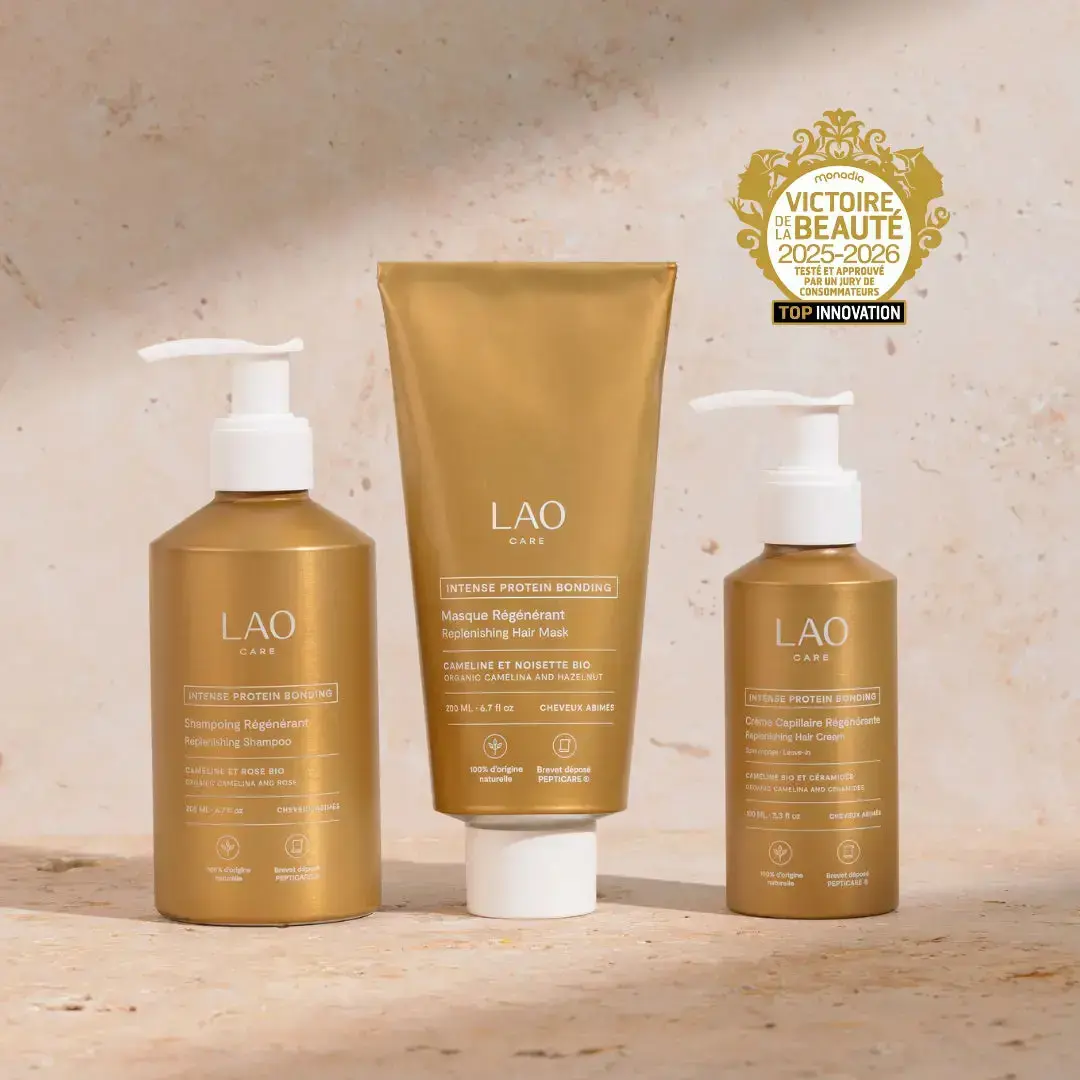
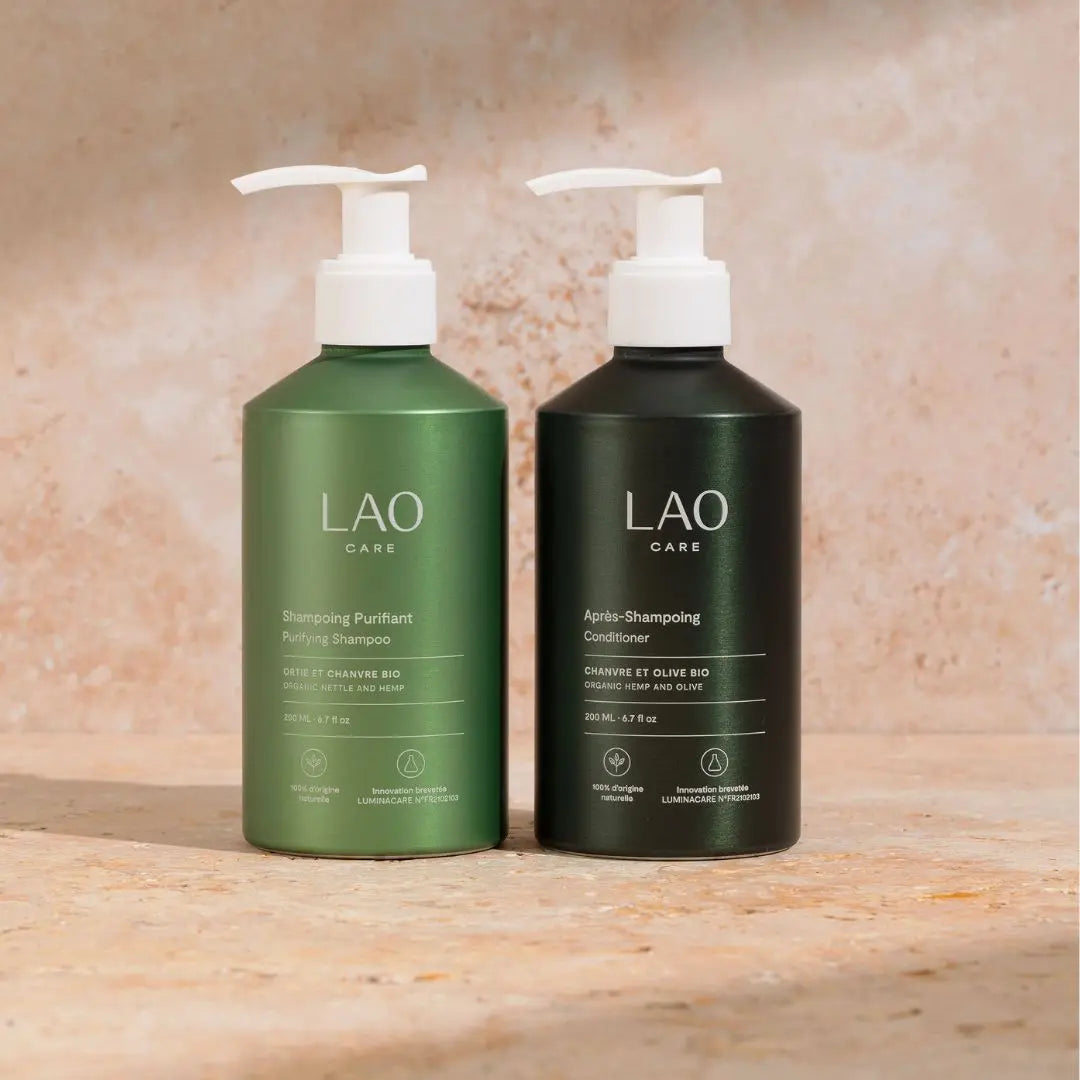
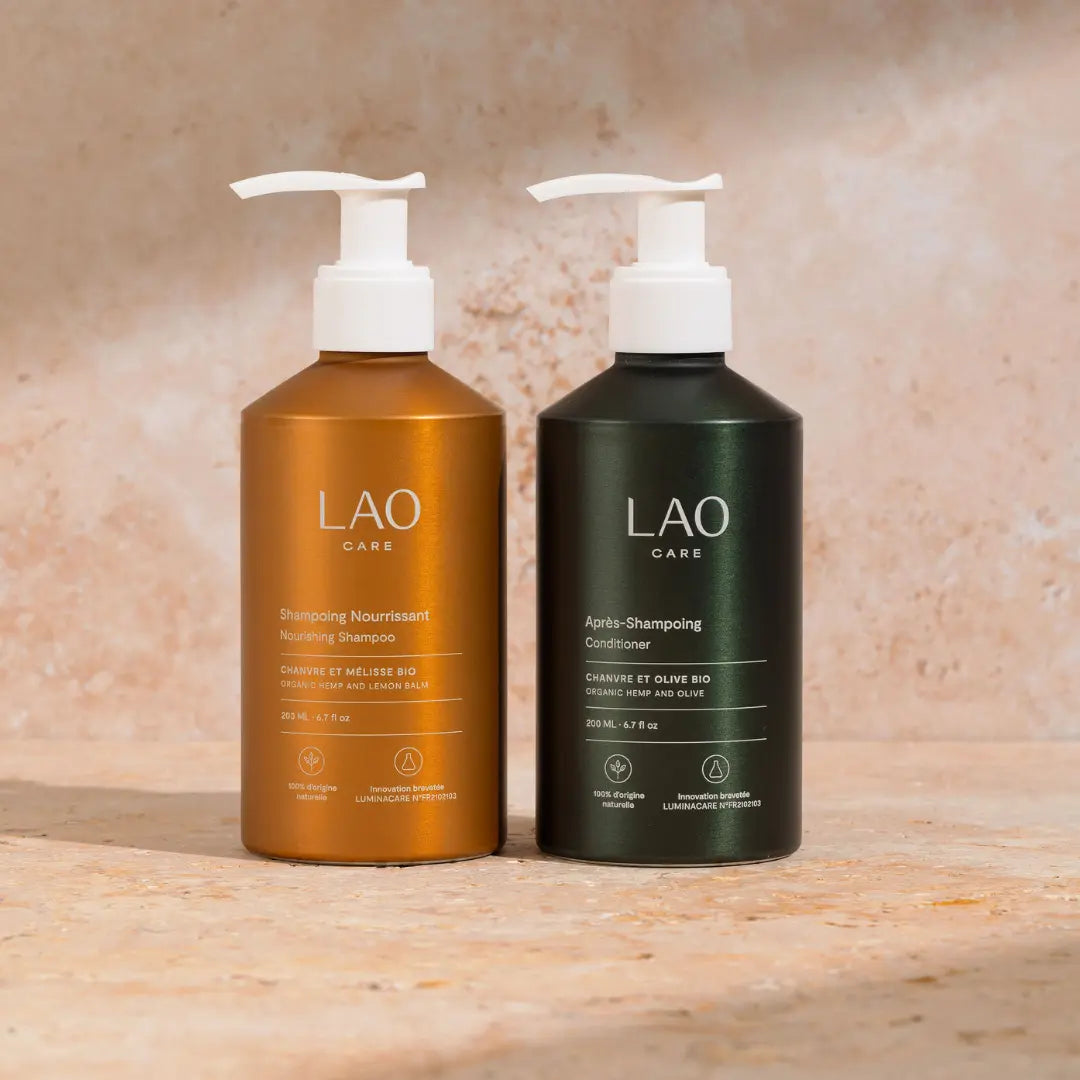
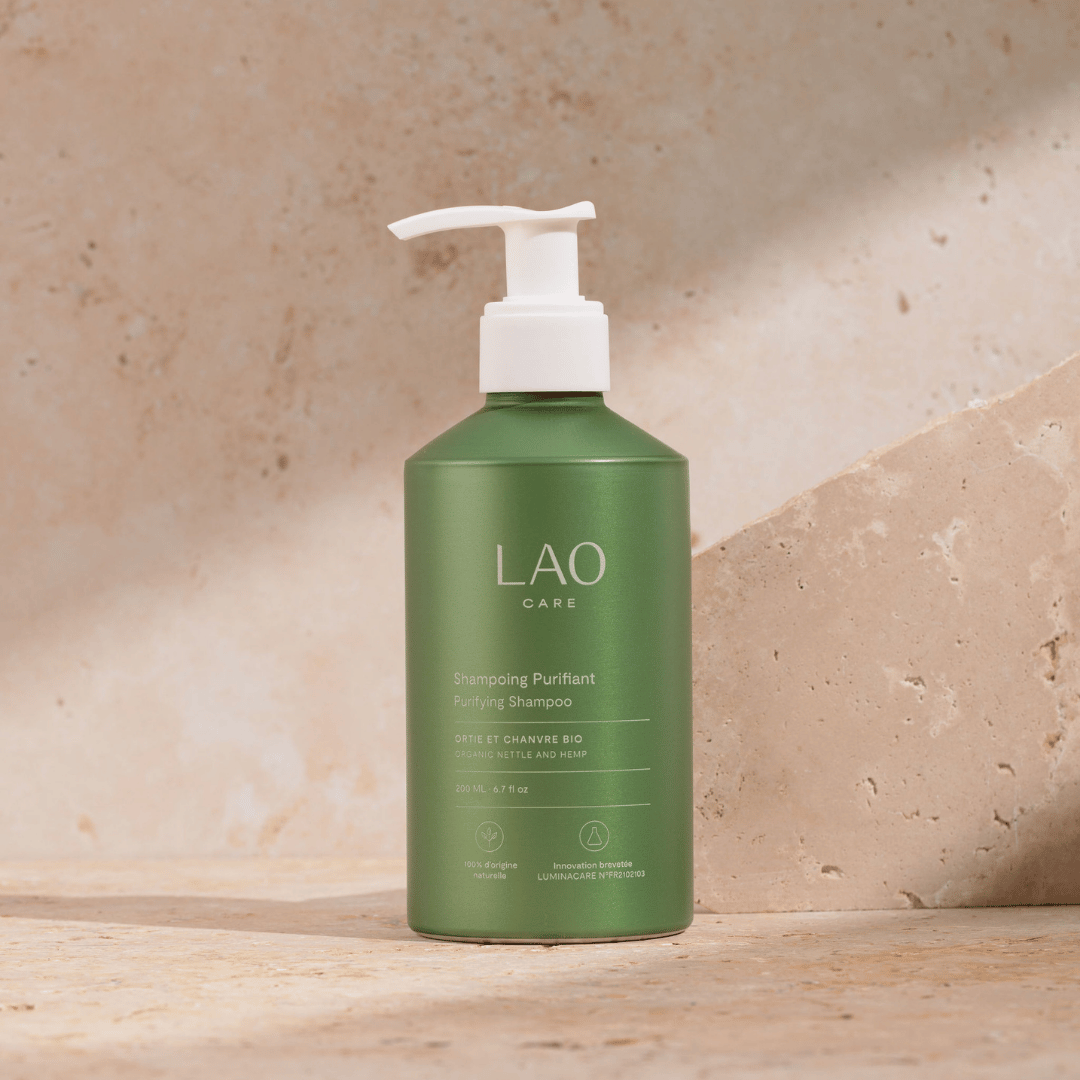
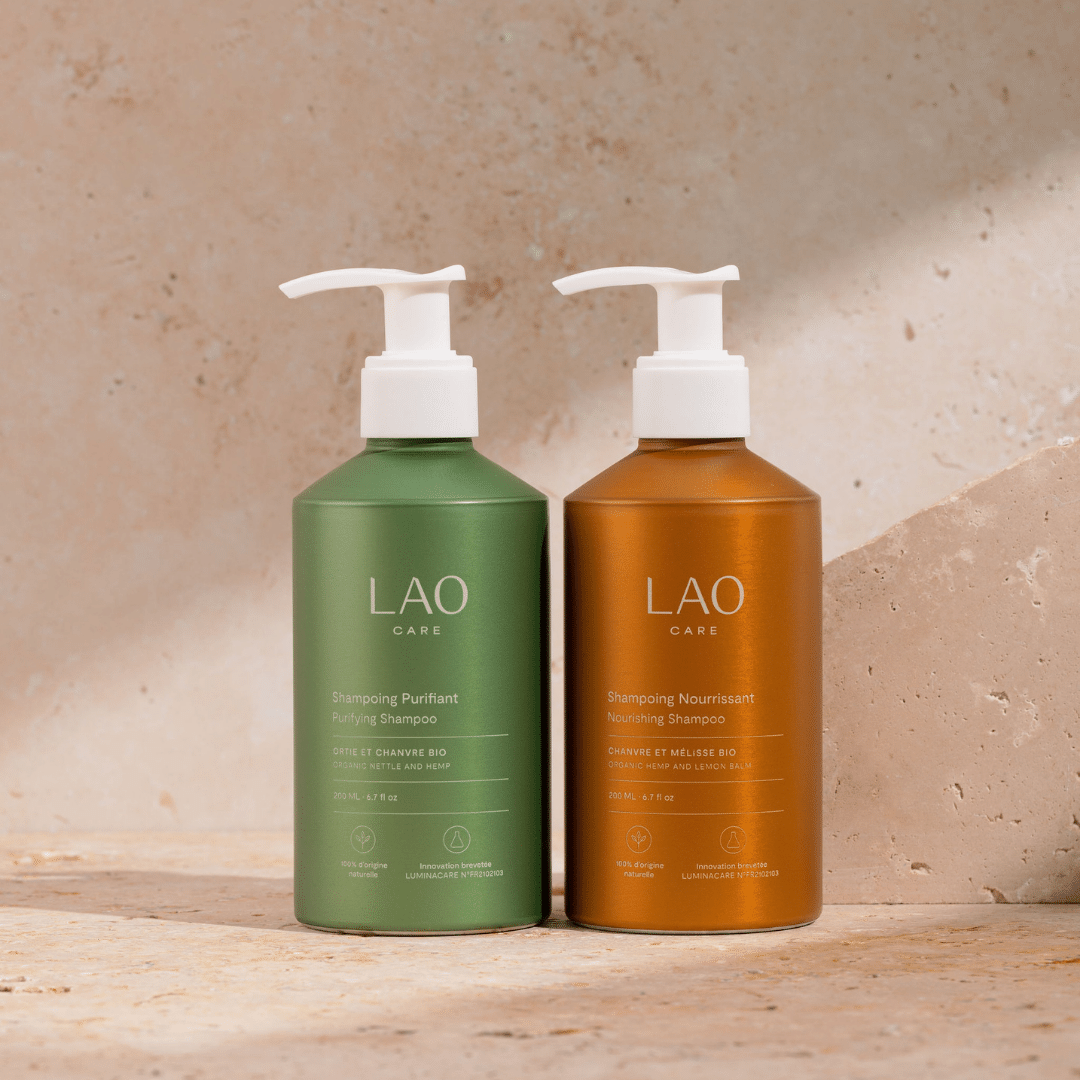
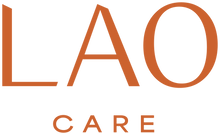
Leave a comment